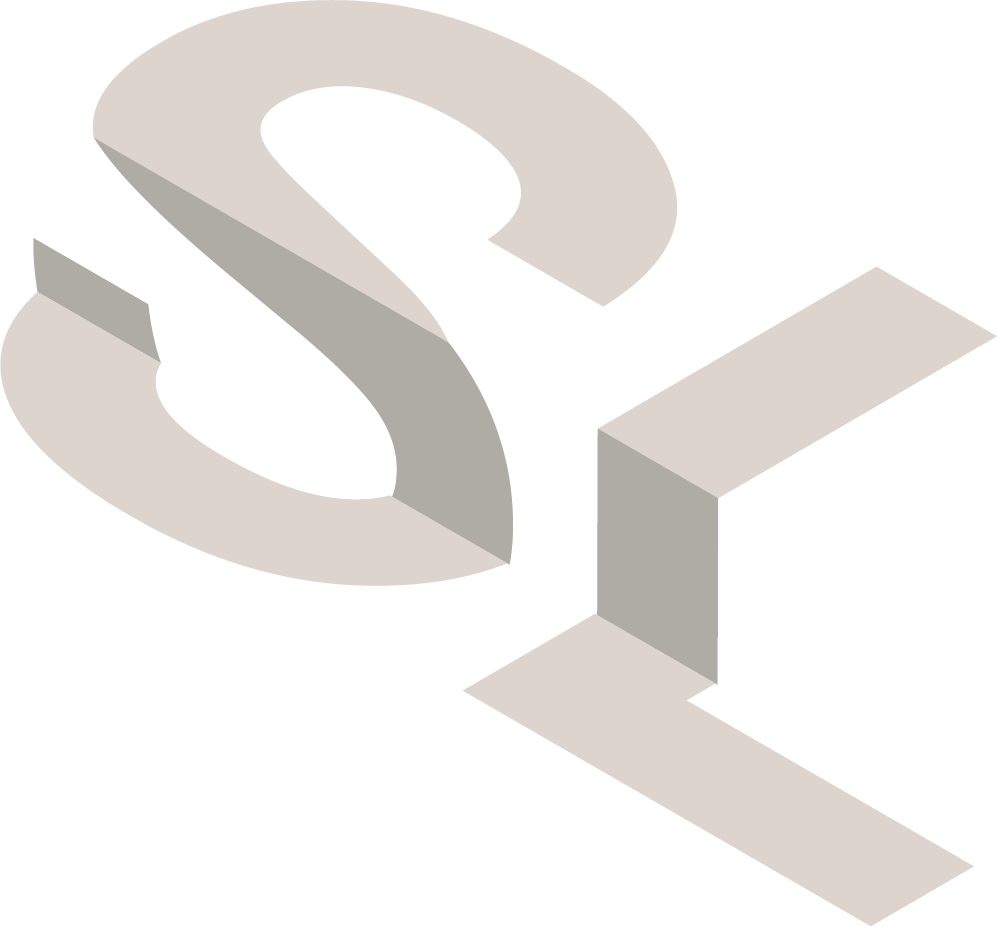Coffee Certifications
I recently published a small guide on how to be a more responsible coffee consumer and now I thought it was time to dig into some coffee certifications and the impact of coffee on the climate.
Coffee is a sensitive crop and is therefore often sprayed more or less heavily with pesticides. Many of these pesticides harm animals and people that are exposed to them, some are not even approved for use in Europe. The use of pesticides can also lead to that other plants die which may cause unbalance in the ecosystem. Also as mentioned in my previous post about coffee, coffee is grown in countries where people are not paid fair wages which means that they can’t cover their basic costs of living.
There are some certifications that the coffee you buy may have. The problem is that they mean a lot of different things and target different segments of the market. In Sweden coffee that is marked with KRAV or the EU-logo is free from the use of pesticides. However, it is important to remember that for a farmer it may be very risky to rely totally on organic farming since coffee is such a sensitive crop at the same time pesticides are expensive which is why many farmers try to use it as little as possible. Climate change also poses challenges for coffee bean farmers for example in Costa Rica and Colombia.
So back to certifications and what they mean. Some common certifications on your coffee (here in Sweden at least) are KRAV, the EU- logo, 4C, UTZ, Fair trade and Rainforest alliance.
EU and KRAV have similar rules for coffee but KRAV also has regulations about social responsibility. This means in the case of KRAV that there should be no crimes against humanity in the production. Also that underaged workers should be able to attend school.
4C (Common code for the coffee community) is a certification developed by the coffee business. They have rules about human rights and the environment. However their goal is to raise the “lowest level” and “clean up” the coffee business. Many businesses use this certification when they speak about their sustainability work and that is why it is important to remember that they target the lowest level of responsibility.
UTZ has created a broad certification with the goal that it should be used by as many as possible. This means that they aren’t as strict with their regulation as for example, Fair trade. They have actually been called Fair trade-light by critiques. UTZ has some minor obligatory rules concerning traceability, working conditions, social rights, environment and quality. The longer one has been certified the more rules one needs to follow. This makes it nearly impossible to know the state of individual farms. Neither, are there any regulations against the use of chemical pesticides.
Fair trade focuses on improving social and economic conditions for workers. However, they don’t have any strict rules for the use of pesticides which can seem strange since they care about improving working conditions. Fair trade actually doesn't have that extensive rules at all on the environmental area. Fair trade however, encourages workers to switch to organic farming by giving workers a higher allowance once they do. They also have a guaranteed price they give for the beans which means that the workers are less affected by the rise and fall of the raw coffee price.
Rainforest alliance focuses on farming in tropical countries. They strive to improve biodiversity, social rights and economic growth. They also want to see the use of pesticides decreased and a plan to adapt the farming in areas that are affected by climate change. The regulations are set by the Sustainable Agriculture Network (SAN) in Latin America. The regulations consist of a mix of rules and rules which needs to be fulfilled to 80%.
It is clear that no certification is all encompassing and you as a consumer must decide what you find most important when buying your coffee.
The information is based by the report from Naturskyddsföreningen.

